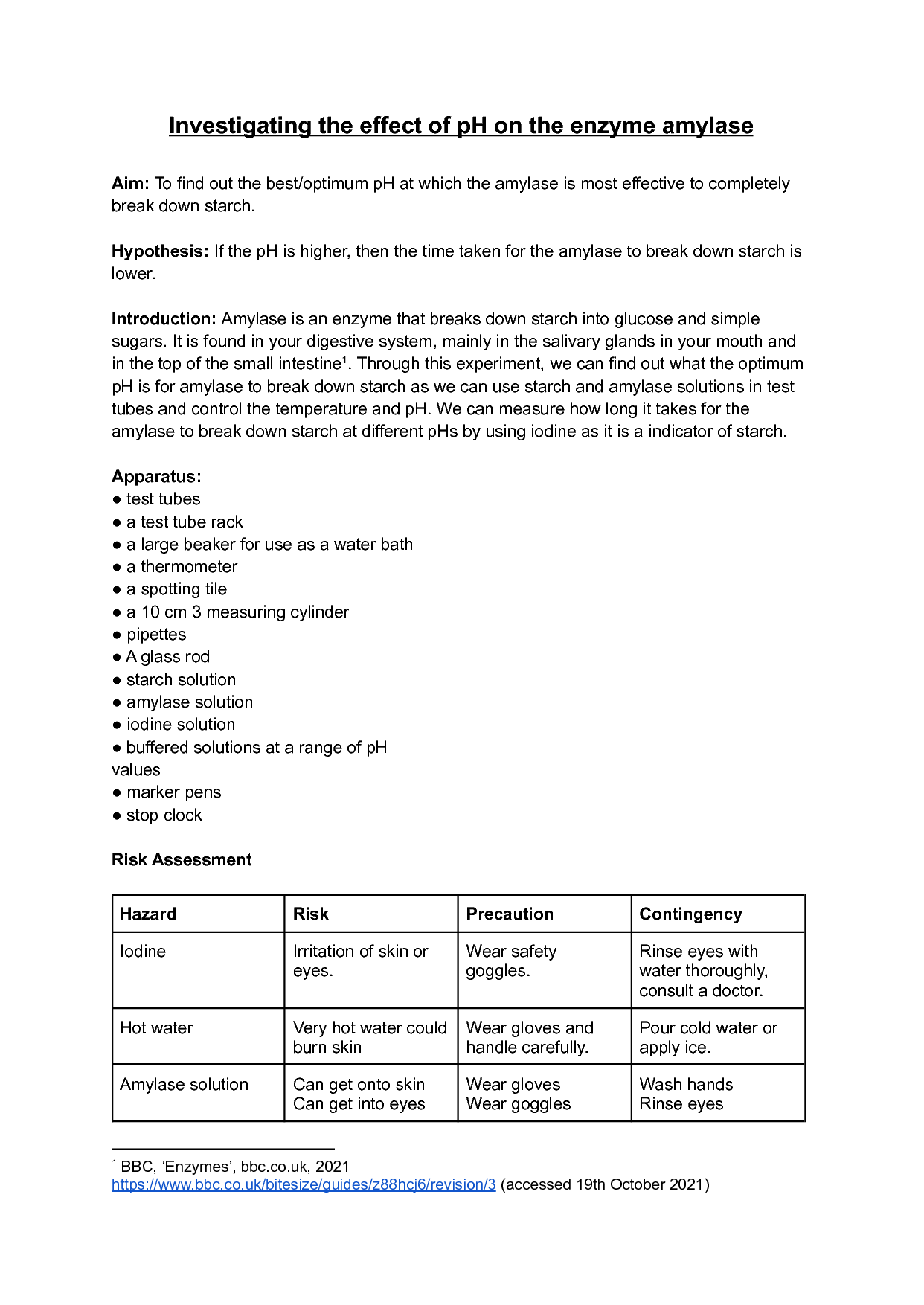How to write variables in GCSE Biology coursework is something you should understand in order to get the highest mark possible. Biology is the study of living things and there are a lot of lessons and aspects to learn and cover. However, preparing for a biology exam or coursework assignment can be difficult if you aren’t prepared. Here are a few tips to help you write variables in a GCSE biology essay.
Patterns of Behaviour
In GCSE Biology, Paper 2H, Patterns of Behaviour, students must learn to draw a Punnett square and analyse a plot of data. This question has multiple steps of understanding and is not scaffolded as much as Foundation Tier question 08.4. The student will have to interpret the plot of data using a Punnett square and analyse it. This question is a good example of the type of question you will encounter in the exam.
The concept of patterns of behaviour is very important to understanding human behaviour. The study of innate behaviour in animals can be particularly useful for GCSE students. The research into innate behaviour includes the study of the aggressive response of robins and woodlice. This is an excellent way to demonstrate the importance of genetics and environment. The use of choice chambers is another way to demonstrate innate behaviour in animals.
There are many resources for GCSE Biology students. The School of Biology website contains contact information for each member of the biology staff. A great place to begin your research is the Biology Student Guide, which provides a detailed breakdown of the curriculum. You can also attend workshops or study skills courses to improve your skills and knowledge. If you have a disability or special needs, you should also contact Student Services at the University of Alberta.
A question containing a complex concept, such as active transport, requires lateral thinking and linking of content from different sections. To access full marks, you must explain the concept in a new context. For example, biology paper 2F question 05.3 requires students to explain deforestation using simple sentences. The student must understand how it affects the environment and then write a response that shows how it is affected by it.
The study of human biology offers an exciting career path that combines independent study with complex data analysis. It can teach students how to conduct research independently, communicate effectively, and present their findings in an appealing way. In addition to the coursework, you can apply for internships and volunteer opportunities. In addition to internship opportunities, you can learn more about the field of human biology by taking part in workshops and mentoring sessions.
Students will also need to learn how to interpret data. In practical experience, they will have had to analyze data and write a hypothesis. This technique is useful for interpreting data, but it is not enough to simply relate it to a hypothesis. Instead, students should be able to evaluate data and recognise that a pattern does not support the hypothesis. This question is worth one mark. It is important to know how to interpret data to understand its implications.
In undergraduate study, students will undertake a project involving bioscience. In first year, students develop a broad overview of bioscience, and focus on core material in their chosen area. Second and third year students will shift to specialised modules that prepare them for an Honours degree. These modules are the basis for an Honours degree in Biology. You can also apply for a master’s course in a related field of study if you already have a BTEC in bioscience.
GCSE Animal Science coursework includes practical work, and students will have the opportunity to gain relevant industry experience through placements. Some students choose to work with a specific species of animal and develop a product. The NTU Enterprise Centre helps students turn their research ideas into viable businesses. If you’d like to apply your knowledge to a business, you can apply for a job at a commercial farm or welfare organisation.
GCSE Patterns of Behaviour
The pattern of behaviour focuses on the interrelationship between physiology and behaviour, examining the role of environment, psychological and neurological elements. GCSE Biology students should look to read the Human Behavioral Biology series as this course relates to the study of behavior. There are several examples of the nature versus nurture debate in the curriculum. For example, Professor Sapolsky outlines the importance of “buckets”, which are conceptual filters that keep us locked into certain worldviews.

